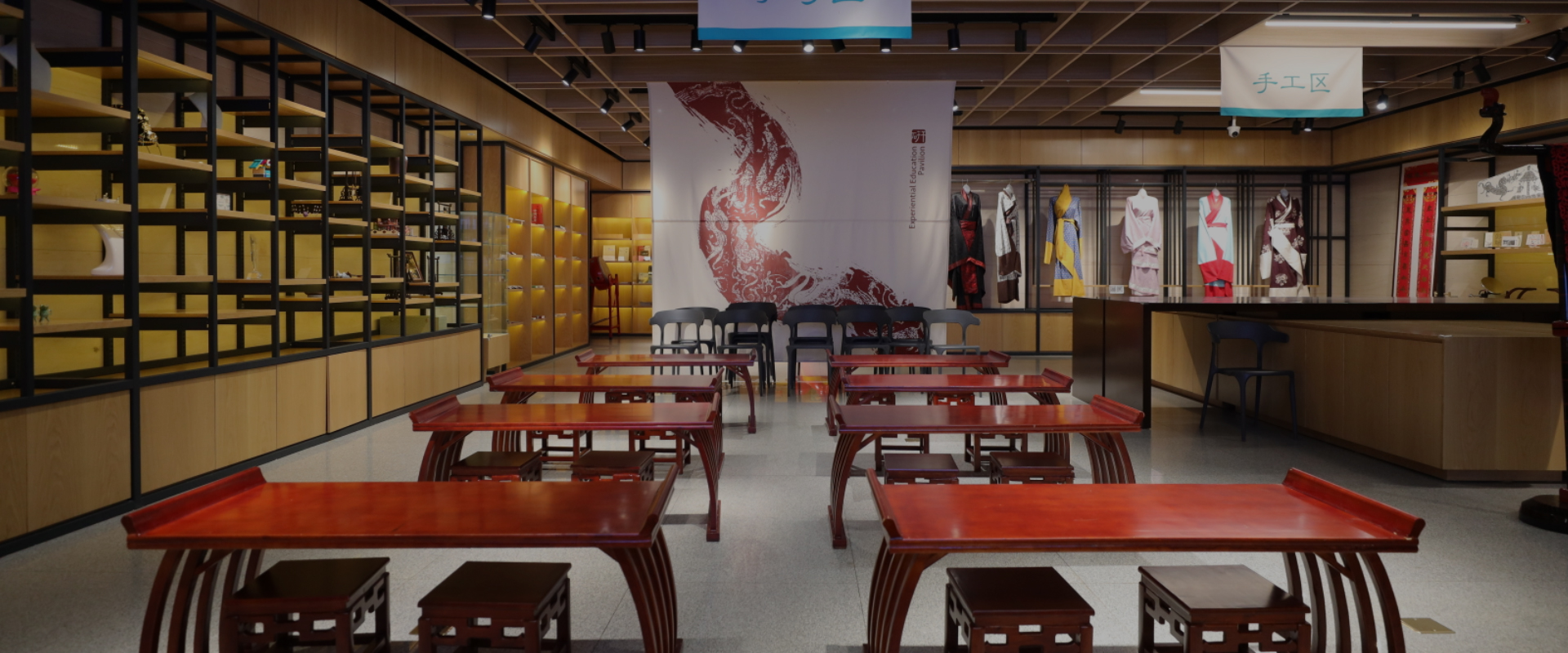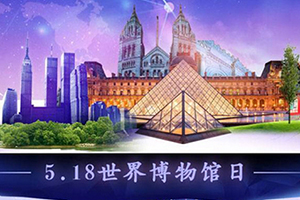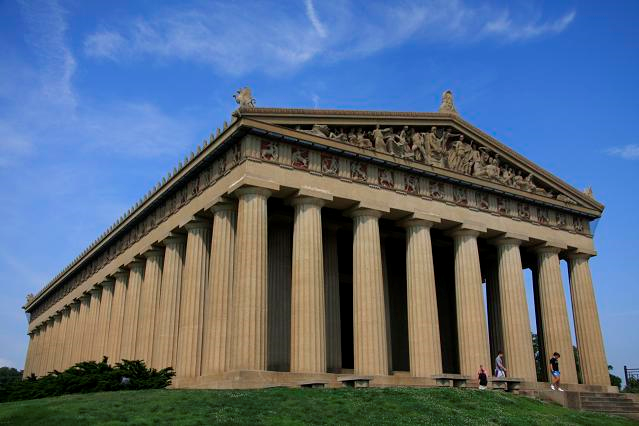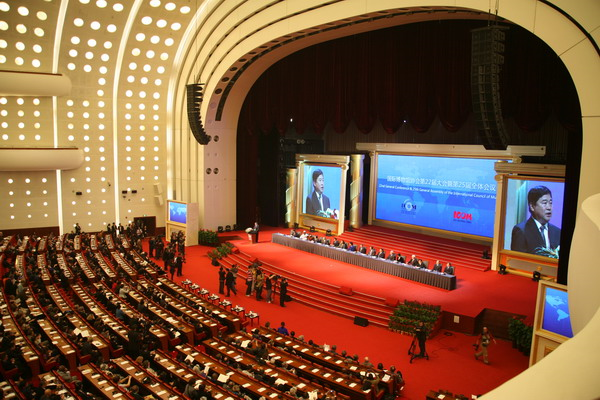

Xuzhou Han Culture Academic
Submit
【XU BO】Maximum daily capacity: 10,000 person-times Instantaneous capacity: 2,500 person-times


Activity time:2017/5/6 9:30:00
Activity location:Lecture Hall of Xuzhou Museum
Age requirement:7-12 years old
Introduction:
Around the 5th century BC, in the Greek temple of Telfer Olympus, there was a treasure house of various sculptures and trophies, which was regarded by the museum community as the beginning of the museum. For a long time after that, the museum was only a collection room for the royal family or a few rich people to view exotic objects. By the end of the 18th century, some national museums in Western Europe were successively established and opened to the public. Only then did the functions of museums develop, and people's understanding of museums also changed. In 1880, British museum scholar Rukins published a dissertation on "The Functions of Museums", emphasizing that museums should be places for public to receive education. American scholar Gu Di further emphasized that museums must be committed to reforming education and carrying out active activities in two monographs on "Museums of the Future" and "Principles of Museum Administration". Furthermore, museum should also be a supplementary facility for educational institutions and off-campus teaching gardens.

In November 1946, the International Museum Association was established in Paris, France. In June 1974, the International Association of Museums held its eleventh meeting in Copenhagen, and defined the museum as "an open and permanent institution that does not pursue profit and serves society and social development. It collects, preserves, and researches about Environmental witnesses, serving them as its basic responsibility so as to exibit these collections, make them public and provide opportunities for learning, education, and appreciation." In 1977, in order to promote the healthy development of the global museum industry and attract the public's understanding, participation and attention, the International Museum Association announced that May 18, 1977 is the first International Museum Day and set theme for the international day of museums annually.

In this lecture, the education staff of Xuzhou Museum will not only introduce the history and theme of International Museum Day, but also lead students to appreciate the world famous museums and understand the characteristics of museums in China, especially in Jiangsu province. Welcome to sign up!
Notes for application
For those who want to register to the activity, please go to the information desk in the lobby of the Xuzhou Museum, or directly log in to the educational activity section of the official website of the Xuzhou Museum. Registration is required to fill in the participant's name, ID card and mobile phone number. Tickets or ID cards are used to sign in for admission on the same day, and quotas are not transferable. If you are unable to attend the event on time, please cancel the reservation at the Xuzhou Museum lobby or official website before the deadline. If you are unable to complete the online event reservation registration, please go to the information desk to register for a ticket with a valid certificate (passport, Taiwan compatriot card, etc.). Those who have made a reservation can enter the museum in advance through the green channel before the event starts. For children to register, they must fill in their ID card numbers (see the hukou book) and the guardian's phone number, and they will be accompanied by the guardian on the day. Music appreciation: In order to maintain a good environment for concerts, children over 1.2 meters or over 6 years old can enter. Elderly people over the age of 70 do not need to make an appointment, and participate in Wenbo Forum lectures and concerts with their senior citizens' certificates. Reservations are still required for other educational activities. There are a large number of visitors on weekends and holidays. Please reserve enough time in advance. Normal admission may be affected if he or she is late. Please kindly understand.